Share
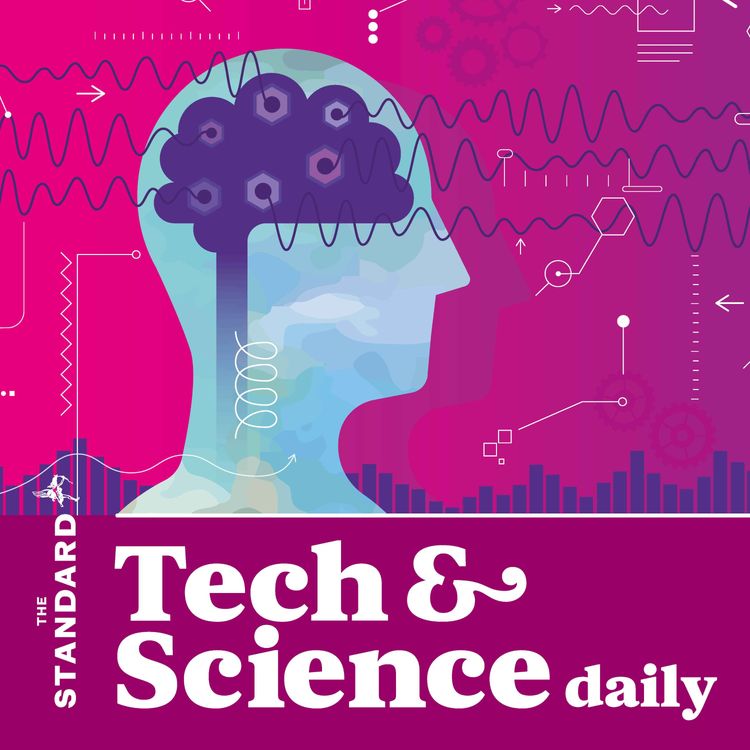
Tech and Science Daily | The Standard
World-first lung cancer vaccine given to UK patient
A new lung cancer vaccine has been tested on a UK patient for the first time.
BNT116 is designed to treat non-small cell lung cancer - also known as NSCLC - the most common form of the disease.
Professor Siow Ming Lee, consultant medical oncologist at University College London Hospitals NHS Foundation Trust, and chief investigator for the trial in the UK, tells Tech & Science Daily how it works, and why this could be game changing for lung cancer patients around the globe.
If you're in London docklands this weekend, we'll tell you why you may see a 2.5-ton block of ice suspended from a crane. Joshua Thomson from Australian physical theatre company Legs On The Wall, discusses their new performance THAW by and why they hope to highlight the impact of climate change.
Also in this episode:
- SpaceX reveals date for first ever commercial spacewalk
- Iceland volcano erupts again with huge plumes of lava visible from Reykjavik
- Terrifying dinosaur discovered with 'distinctive eyebrows'
Follow us on X or on Threads.
More episodes
View all episodes
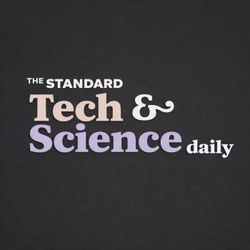
Piers Linney on AI’s “Make-or-Break” 2026, UK Digital ID U-Turn, Animal Crossing 3.0 Drops
11:34||Season 1Today on Tech and Science Daily from The Standard, former Dragon’s Den investor Piers Linney joins Alan Leer to unpack new Tech Show London research on why AI spending is rising in UK business but implementation is lagging — and whether 2026 is make-or-break for the AI boom. Plus, the UK government reportedly rolls back the mandatory element of digital ID right-to-work plans, Animal Crossing: New Horizons drops its free 3.0 update early ahead of a Switch 2 edition launch, and London phone brand Nothing warns that memory chip costs could push smartphone prices higher in 2026.
UCL brain-scan breakthrough, primate bonding study, UK food label push, NASA ISS medical return, and Star Wars Outlaws on Game Pass
06:16||Season 1Today on Tech and Science Daily from The Standard, Alan Leer covers new UCL brain imaging research separating Parkinson’s from Lewy body dementia, an Imperial-linked primate study on bonding behaviours, Which? calling for mandatory front-of-pack nutrition labels in the UK, NASA’s early ISS Crew-11 return after a medical issue, plus Star Wars Outlaws landing on Xbox Game Pass and the latest Android security updates.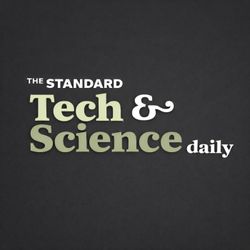
Moorfields eye injection breakthrough, UCL Alzheimer’s gene focus, Brazil probes WhatsApp Business, Hytale early access, Minecraft “cutest drop”
06:22||Season 1Today on Tech and Science Daily from The Standard, Alan Leer covers a London breakthrough from Moorfields and UCL using a routine eye-surgery gel injection to restore sight in rare hypotony cases, plus new UCL Alzheimer’s research on APOE gene risk, Brazil’s probe into WhatsApp Business terms, Hytale’s early access launch and Minecraft’s “cutest drop” tease. Plus a little bit for Genshin fans tooYou'll find all your latest news at Standard.co.uk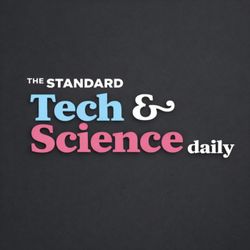
TfL and the driverless future, Paddington life-sciences mega-hub plans, and ARIA’s Arctic sea-ice experiment
07:39||Season 1Today on Tech and Science Daily from The Standard, we look at fresh plans for a major clinical life sciences building next to St Mary’s Hospital in Paddington, TfL’s evolving role in how driverless vehicles could operate on London streets, and ARIA’s update on real-world field research into “re-thickening” Arctic sea ice. Plus: a London council cyber warning, what Reuters says is coming in the EU’s Digital Networks Act, the New Game Plus gaming showcase, and the standout gadgets emerging from CES 2026.
London EV charging dashboard, 3D movies of black holes, Xbox Developer_Direct, and CES smart home upgrades
11:46||Season 1Today on Tech and Science Daily from The Standard: London boroughs get a clearer view of EV charge point usage, Imperial-backed dementia studies move forward, and Professor Yves Wiaux explains to Alan Leer how AI is helping create 3D “movies” of black holes. Plus: Xbox sets a Developer_Direct date with Fable and Forza Horizon 6, and CES brings smarter Matter-friendly home tech — and an HP keyboard that’s also a full PC.
London epilepsy sleep app trial, Ofcom vs Grok on X, and Accenture buys Faculty
07:56||Season 1Today on Tech and Science Daily from The Standard, our host Alan Leer speaks about London researchers test a self-guided sleep web app for children with epilepsy, the UK piles pressure on X and xAI after Grok image-abuse concerns, and Accenture agrees to acquire London AI firm Faculty. Plus, CES 2026 foldable phone news, a major Valorant update, and the latest Xbox Game Pass additions. For the latest news visit Standard.co.uk
Freedom Pass review, UCL “beer-to-burger” cultivated meat breakthrough, and the UK’s new Cyber Action Plan
05:48||Season 1On today’s Tech and Science Daily from The Standard, London Councils reviews the Freedom Pass as costs rise, UCL scientists turn brewing waste into scaffolds for cultivated meat, and the UK unveils a new Cyber Action Plan to harden public services. Plus quick consumer security updates and a gaming last call. Find all the latest news at Standard.co.uk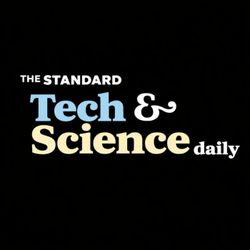
NHS Online hospital plan, Intel Panther Lake at CES, and Arc Raiders’ “aggression matchmaking” — Tech and Science Daily from The Standard
06:18||Season 1In today’s Tech and Science Daily from The Standard, NHS England sets out priority conditions for its upcoming NHS Online hospital, and CES 2026 kicks off with Intel’s new Panther Lake-era laptop chips and fresh Acer ultrabooks. Plus, Arc Raiders confirms “aggression-based matchmaking” that groups PvP-heavy players together.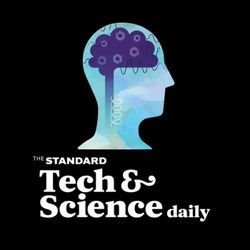
London council cyber clampdown, TfL Oyster upgrade, CES 2026 preview — plus Nesta’s Future Signals 2026
14:43||Season 1Tech and Science Daily from The Standard covers a London council cyber security clampdown after a neighbouring incident, and TfL’s plans to modernise Oyster and contactless so phones and wearables play nicer with fare caps. After the break, we’re joined by Nesta to talk Future Signals 2026 — the emerging trends that could shape the year ahead — before a quick preview of what to expect from CES in Las Vegas. We also round up the holiday-season gaming hack chatter, with the dramatic TikTok clips versus what’s actually been confirmed. For more head to standard.co.uk.